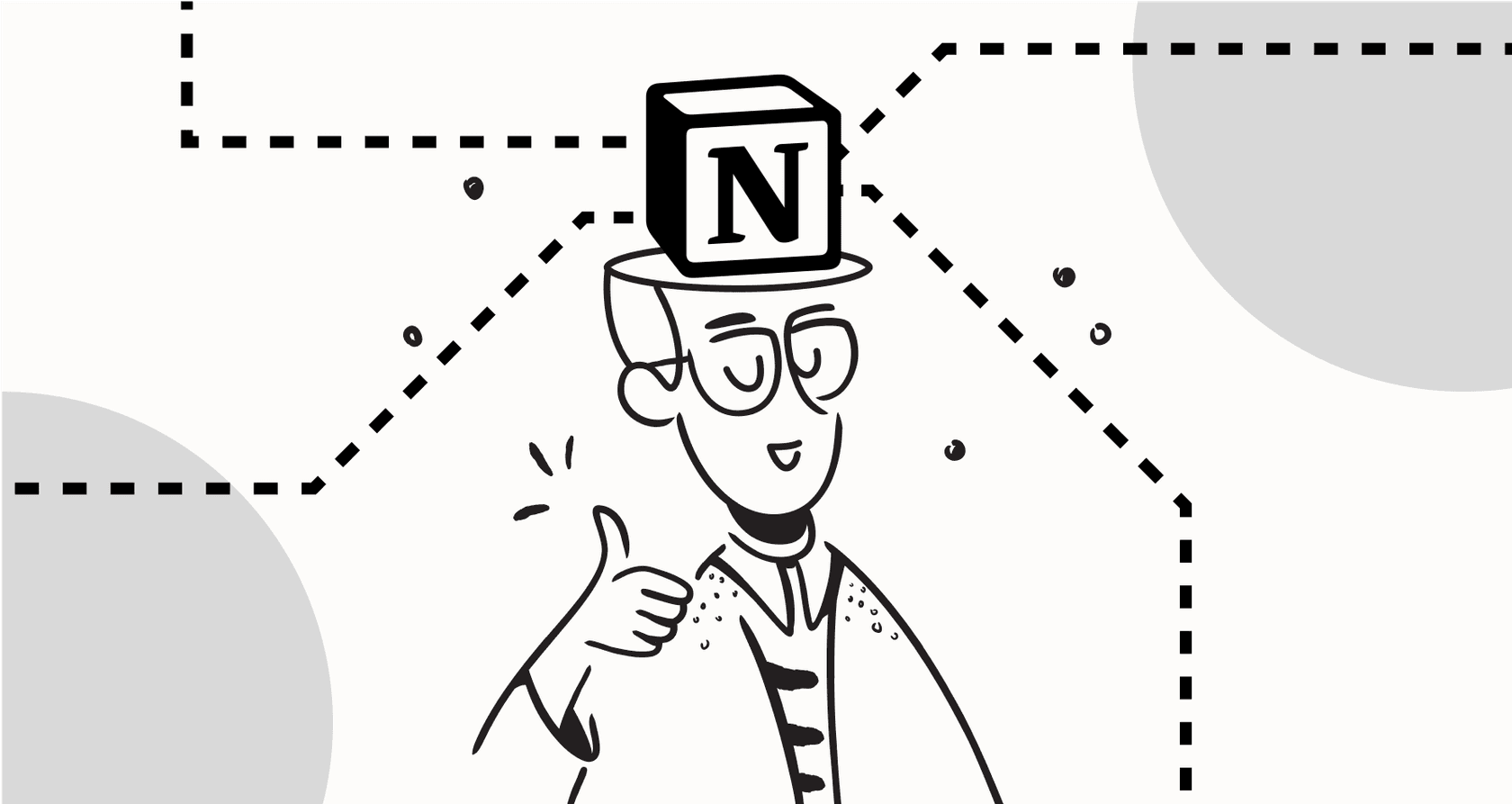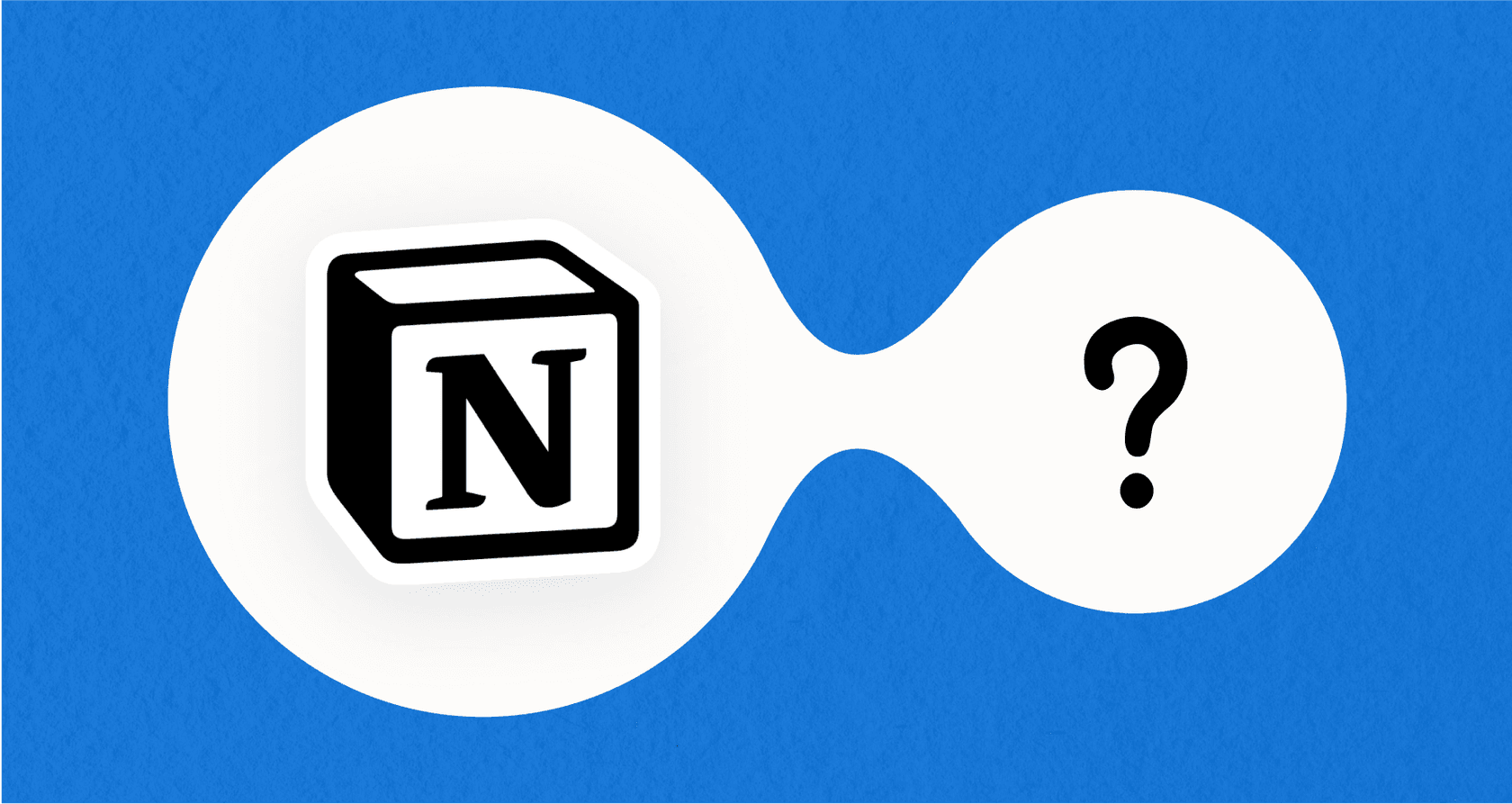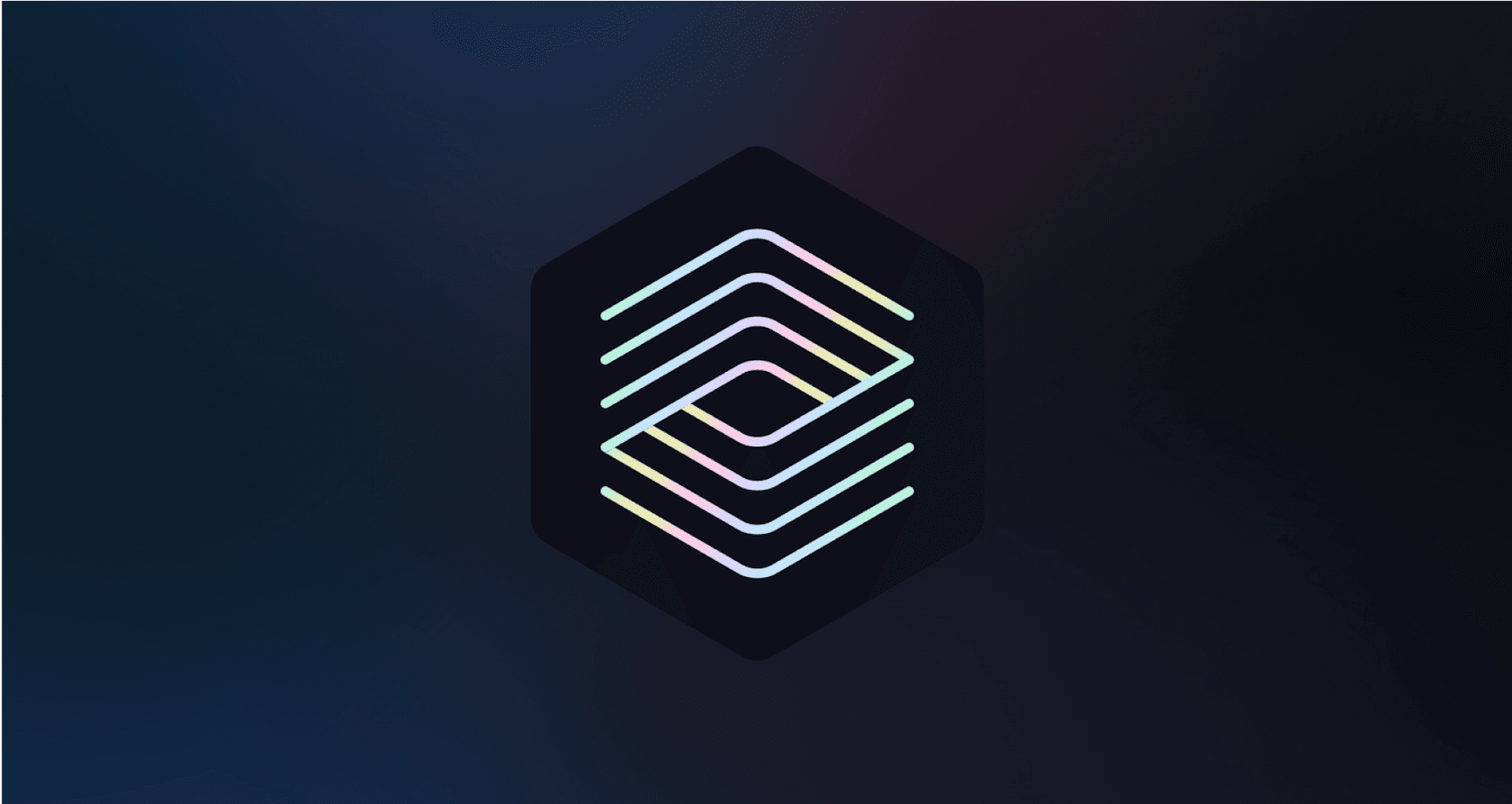
Let's be honest, we've all felt that twinge of disappointment when a hyped-up new AI feature just... falls flat. It feels less like a work revolution and more like a shiny toy that gets old after a week. Notion AI is the latest tool everyone's talking about, but it raises a big question: does it actually improve how your team brainstorms, or is it just another layer of complexity?
In this guide, we're going to take a real, no-fluff look at using Notion AI brainstorming. We’ll cover what it’s good for, where it stumbles, and help you figure out if it’s the right fit for your team's creative process.
What is Notion AI?
At its core, Notion AI is an assistant that lives right inside your Notion workspace. Think of it as a built-in helper powered by the same kind of tech behind tools like ChatGPT (it uses models from OpenAI and Anthropic).
It can help you do things like write and edit text, boil down long documents into summaries, and even fill out parts of your databases for you. Essentially, it’s Notion's attempt to bring the power of AI right into the pages you're already working on, so you can, in theory, write faster and come up with ideas more easily.

How to use Notion AI for brainstorming
So, how does this all work when it's time to actually brainstorm? Notion pitches its AI as a creative partner that helps you get ideas down and organized without switching apps. Let's walk through the main ways you can use it.
Generating ideas from scratch
Staring at a blank page? This is probably the most common use case for Notion AI. You can ask it to "Brainstorm ideas" on pretty much any topic to get a list of talking points, concepts, or titles. For example, you could prompt it to "Generate ten blog post ideas about improving remote team communication," just to get the ball rolling.

Creating outlines and structuring content
Once you land on an idea you like, Notion AI can help you give it some structure. You can feed it a simple concept and ask it to build out an outline for a project plan, a document, or a presentation. For instance, prompting it to "Create an outline for a project plan to launch a new marketing campaign" can give you a skeleton to work from, saving you some initial setup time.
Summarizing and synthesizing information
Good ideas don't come from a vacuum; they're often built on existing knowledge. Notion AI can take a long document, a dense article, or a wall of meeting notes and pull out the key points. This is great for quickly getting the context you need to fuel a brainstorming session. You could highlight a research paper and ask it to "Summarize the key findings and list three opportunities to explore."
Using templates
Notion has a whole library of templates, and you can combine them with the AI. You could pull up a mind map or an idea matrix template and then ask Notion AI to start filling it out. The template gives you the visual structure, and the AI provides the initial text, helping you organize your thoughts from the start.
The real limitations of Notion AI brainstorming
While those features sound pretty good on paper, the day-to-day reality can be a bit different. A lot of users find that once the novelty wears off, some major cracks start to show. The main problem isn't the AI itself, but the fact that it's stuck inside a Notion-shaped box.
Why Notion AI output is often generic
You ask it for creative marketing angles, and it gives you something you could have found on the first page of Google. This happens because the AI is mostly pulling from the content on the current page or from its vast, public training data. It has no idea about your company's unique voice, the specific problems your customers face, or what you learned from last quarter's projects. The result is a lot of output that needs heavy editing to be useful.
Siloed knowledge: A major flaw
Let's be real: your company's "brain" isn't just in Notion. The most valuable insights, the ones that spark truly great ideas, are scattered everywhere. They're in your support tickets on Zendesk, the Q&A threads in Slack, and the technical documentation in Confluence.
Notion AI can't see any of that. It's walled off. You can't ask it a truly strategic question like, "What are the top three feature requests from our support tickets last month that we should brainstorm solutions for?" It just doesn't have access to that critical, real-world context.
From ideas to action: The gap
Brainstorming is only half the job. Ideas are useless if they just sit on a Notion page. Notion AI is a text generator, not an action-taker. It can help you write down a plan, but it can't create a Jira ticket from a great idea, update a customer profile in your helpdesk, or assign a task to someone in another system. This leaves a frustrating gap between ideation and implementation that your team has to bridge manually.
A better approach: Brainstorming with an AI that gets the full picture
So, what does a better brainstorming partner look like? It's less of a generic writer and more like an experienced team member who has access to the company's entire collective memory. A truly useful AI needs to connect to the same information your team does, across every tool you use.
Imagine asking, "Based on our resolved support tickets, what are the five most confusing parts of our product that we need to write help articles about?" The answer you'd get would be immediately valuable because it’s grounded in real customer data, not public web content.
The best AI tools also help you act on those insights. They can be trained on your past customer conversations to learn your company's tone and solutions. This turns brainstorming from a fluffy creative exercise into a focused, problem-solving session that actually drives results.
Go beyond basic brainstorming with eesel AI
This is exactly why a purpose-built AI platform like eesel AI is so different. While Notion AI offers general-purpose tools, eesel AI is designed to unify your team's knowledge and help automate work, making it a far smarter partner for practical brainstorming.
All your company knowledge in one place
eesel AI connects to all the apps your team already uses, from Notion itself to helpdesks like Freshdesk, wikis like Confluence, and chat tools like Slack. With the AI Internal Chat, your support team can brainstorm right inside Slack. They can ask questions like, "What was our official fix for the login bug reported in Q2?" and get an instant answer pulled from Confluence, Jira, and past Slack conversations.

Turn ideas into action, right away
More importantly, eesel AI is built for action. After brainstorming a better response for a common support issue, an agent can use the AI Copilot to instantly draft a reply to a customer using that new approach. It already knows your company's brand voice because it's trained on your data. Since eesel AI is designed for support and internal knowledge, it slots right into your existing workflows, not against them. You can get started in minutes and even run a simulation to see how effective it is before rolling it out.

Notion AI brainstorming pricing
If you're still considering giving Notion AI a try, here's what the investment looks like. It's sold as a paid add-on to Notion's existing plans.
-
Cost: It's $10 per user per month. If you pay for the year upfront, that drops to $8 per user per month.
-
Availability: You can add it to any Notion plan, even the free one. It's already included in the higher-tier Business and Enterprise plans.
-
Trial: Notion usually gives you a handful of free AI responses to let you test the waters before you have to buy the add-on.
For the latest details, it's always best to check the official Notion Pricing page.
Is Notion AI brainstorming the right AI for the job?
Look, for quick, on-the-fly ideation inside a single document, Notion AI brainstorming is a handy little tool. It’s fine for a solo user trying to flesh out a blog post or create a simple outline.
However, for business teams trying to solve real-world problems, its limitations become obvious pretty fast. The generic nature of a built-in tool just can't compete when you need to brainstorm solutions based on deep, cross-platform company knowledge.
Ready to stop brainstorming in a vacuum? Give your team an AI that actually understands your business. Connect all your knowledge, get smarter ideas, and see what happens when your brainstorming sessions are based on reality, not just generic prompts. Start your free eesel AI trial today and feel the difference context makes.
Frequently asked questions
Notion AI brainstorming refers to using Notion's built-in AI assistant to generate, outline, and summarize ideas directly within your Notion pages. It leverages models like OpenAI and Anthropic to help you brainstorm concepts, structure content, and distill information without leaving your workspace.
The output often feels generic because Notion AI primarily pulls from the current page content or its vast public training data, lacking specific company context. To improve relevance, you can feed it extensive context in your prompts, such as brand guidelines or customer feedback, though this often requires significant manual input.
No, Notion AI brainstorming is limited to the content within your Notion workspace and its public training data. It cannot access critical insights or information stored in other tools like Slack, Zendesk, or Confluence, making its knowledge "siloed."
Notion AI brainstorming is primarily a text generator and doesn't directly facilitate moving ideas to action in other systems. It can help you write a plan, but it cannot create tickets, update external records, or assign tasks in tools like Jira or your helpdesk.
Notion AI brainstorming is most effective for quick, on-the-fly ideation for solo users fleshing out a document or creating a simple outline within Notion. For business teams needing to solve real-world problems based on deep, cross-platform company knowledge, a context-aware AI alternative is generally more effective.
Notion AI brainstorming costs $10 per user per month ($8 if billed annually) and can be added to any Notion plan. While handy for basic ideation, the blog suggests its generic output and siloed knowledge might make it less valuable for teams needing deep, contextual insights for real business problems.
A context-aware AI connects to all your company's tools, providing insights grounded in real customer data and internal knowledge, unlike Notion AI which is siloed. This allows for focused, problem-solving brainstorming that drives results, and such tools often help with acting on those insights directly within your workflows.
Share this post

Article by
Kenneth Pangan
Writer and marketer for over ten years, Kenneth Pangan splits his time between history, politics, and art with plenty of interruptions from his dogs demanding attention.







